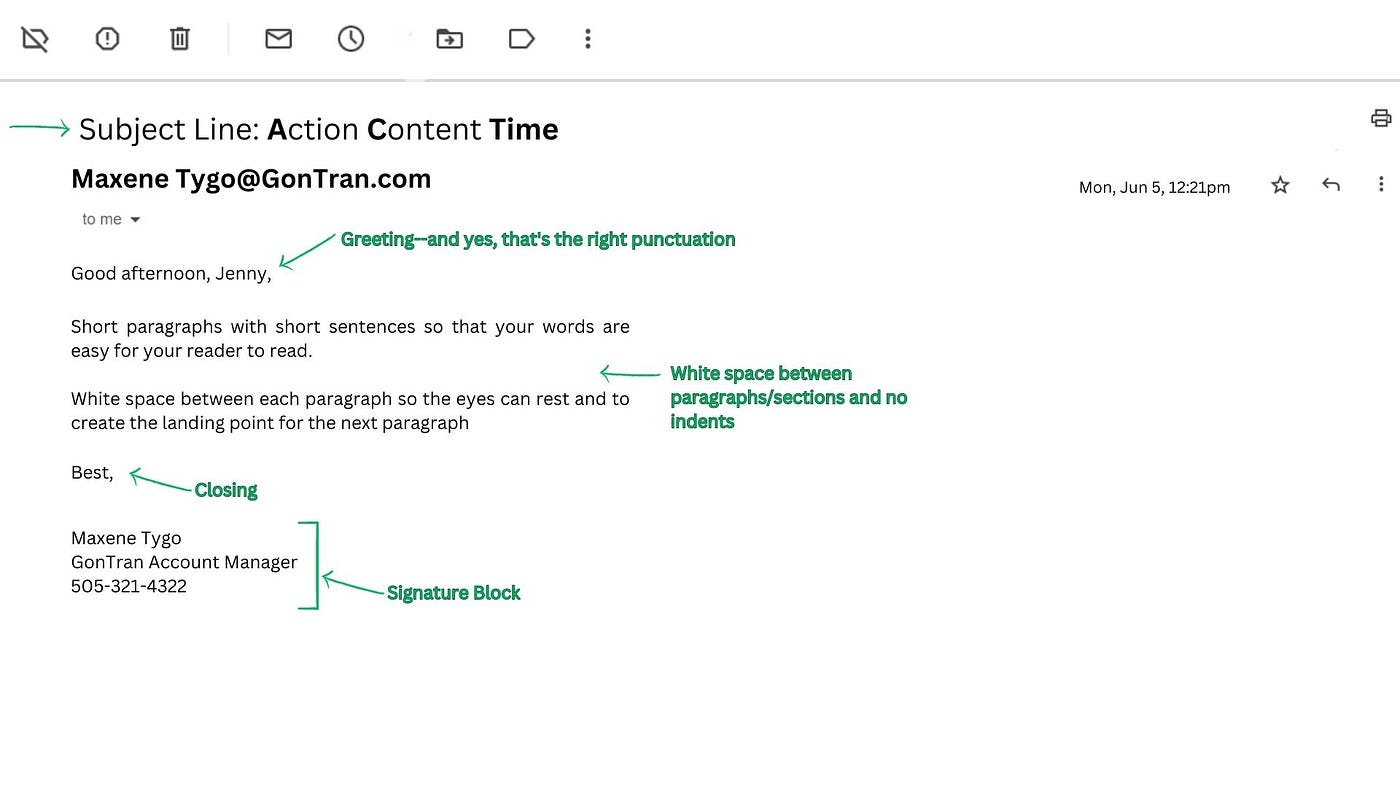Essential Guide to How to Become a PA in 2025

Essential Guide to How to Become a Personal Assistant in 2025
As the role of a personal assistant evolves, it becomes increasingly important for aspiring professionals to understand what it takes to excel in this dynamic field. In 2025, the personal assistant (PA) profession will offer numerous opportunities, but it will also demand a versatile skill set and commitment to continuous professional development. This guide will outline the key skills needed to be a personal assistant, available training programs, career paths, and best practices that can help pave the way toward a successful career.
One of the primary benefits of becoming a personal assistant is the opportunity to work closely with executives, leaders, and various professionals across different industries. This can expose you to essential skills like effective communication, multitasking, and organizational strategies that are beneficial for your growth. By gaining hands-on experience in various administrative tasks, PAs can capitalize on their role to not just support leaders but also cultivate their career development along the way.
In this guide, we will explore how to become a successful personal assistant in 2025, outlining daily tasks, the importance of adaptability, networking, and professional development opportunities. Let's dive in!
Key Skills Needed to Be a Personal Assistant
Building on the introduction, understanding the essential skills required to be a personal assistant is a crucial first step in your journey. A successful PA will need strong communication skills, effective problem-solving abilities, and proficiency with various software tools to manage multiple tasks efficiently.
Essential Communication Skills for Personal Assistants
Communication is at the heart of a personal assistant's job description. PAs interact with executives, clients, and team members, making strong verbal and written communication skills imperative. Miscommunication can lead to costly mistakes, so mastering the art of delivering clear and concise messages is vital.
Moreover, emotional intelligence tends to enhance interpersonal relations, enabling PAs to approach tasks with empathy. Building rapport with team members ensures effective collaboration and fosters a positive working environment.
Time Management for Personal Assistants
Time management stands out as one of the most important traits for personal assistants. The ability to prioritize tasks effectively while juggling multiple responsibilities can streamline workflows and enhance productivity. Implementation of time tracking tools can offer insights and help create a structured schedule, allowing PAs to meet deadlines consistently.
Additionally, learning to set realistic goals and maintaining a work-life balance is essential in avoiding burnout. By effectively managing their time, personal assistants can provide better support to their clients while maintaining personal well-being.
Organizational Skills and Best Practices
Organizational skills play a crucial role in how personal assistants handle their daily tasks. Utilizing electronic calendars and project management software can greatly improve efficiency in task management. Developing personalized organizational systems—like color-coding emails or categorizing files—can help PAs stay on top of their responsibilities.
Additionally, establishing best practices—such as decluttering workspaces or maintaining systematic record-keeping—can lead to enhanced operational effectiveness, making it much easier to locate information swiftly when needed.
Personal Assistant Training and Certification
With these fundamental skills in mind, let's transition to the various training programs and certifications available for personal assistants. Educational programs play a pivotal role in honing necessary skills while increasing job marketability.
Available Training Programs for Aspiring Personal Assistants
Many educational institutions offer courses tailored for aspiring personal assistants, covering subjects such as effective communication, office software tools, and project management basics. These programs provide theoretical knowledge that is essential for practical application in real-world scenarios.
Additionally, job shadowing opportunities can offer invaluable insights into daily operations, helping to bridge the gap between classroom learning and workplace requirements. To maximize learning experience, aspiring PAs should seek out these hands-on opportunities.
Personal Assistant Certification Opportunities
While not always necessary, obtaining a personal assistant certification can dramatically enhance your resume and stand out in a competitive job market. Several professional associations offer recognized certifications, affirming that you possess the necessary skills required for the role. Certification courses tend to cover essential topics such as workplace ethics, confidentiality practices, and problem-solving skills.
Staying committed to ongoing education, whether through formal certification or self-directed learning, is crucial in adapting to the evolving role of a personal assistant.
Building a Professional Portfolio
Creating a personal assistant portfolio is another effective strategy to demonstrate your skills and experiences. Include examples of your work, successful projects, and any relevant certifications. This not only showcases your abilities to potential employers but also serves as a valuable reflection of your professional journey.
As a personal assistant, being proactive in demonstrating your skills through a well-crafted portfolio can help set you apart from your peers and open doors for new opportunities.
Daily Tasks and Responsibilities of a Personal Assistant
Now that we understand the skills and training required, let's discuss the daily tasks that personal assistants perform. Knowing the typical responsibilities can help clarify job expectations.
Core Responsibilities of Personal Assistants
Personal assistants tackle a broad spectrum of duties, ranging from managing schedules and emails to preparing meeting agendas and handling correspondence. The diversity of tasks highlights the versatility needed in the role. As a PA, you may frequently find yourself organizing travel plans, conducting research, and coordinating office logistics.
Additionally, maintaining strong connections with clients and team members is essential, as building rapport often leads to better collaborative outcomes. Understanding client needs and expectations is vital for success.
Managing Multiple Tasks and Prioritizing Duties
In a typical day, personal assistants might encounter multiple tasks that require prompt attention. The ability to prioritize duties based on urgency can determine the efficiency and effectiveness of day-to-day operations. Mastering time management and using task management software can facilitate this process.
Moreover, adapting to sudden changes or unexpected shifts in priorities is crucial. Personal assistants must remain flexible and quick-thinking, adjusting their schedules as necessary to accommodate new tasks or challenges.
Understanding Personal Assistant Roles Across Industries
The roles and responsibilities of personal assistants can differ significantly between various industries. For instance, a PA in a corporate setting may focus on high-level administrative duties, while those in the entertainment industry might handle more specific tasks related to event planning and promotional activities. Gaining exposure to different sectors can broaden your skill set and enrich your career experience.
Career Development and Networking for Personal Assistants
With a grasp of daily tasks and responsibilities, the importance of career development comes into play. Strategic networking can lead to valuable opportunities in the personal assistant field.
Job Search Strategies for Personal Assistants
Developing an effective job search strategy is critical for personal assistants looking to secure desirable positions. This includes tailoring your resume to highlight specific skills and accomplishments relevant to the role. Additionally, utilizing job boards and networking events can increase visibility in the job market.
Online platforms, such as LinkedIn, can be instrumental in connecting with industry professionals and accessing job postings. Engage with those in the field by sharing their posts or commenting on relevant articles to build your professional presence.
The Importance of Professional Networking
Networking helps personal assistants forge connections that can lead to mentorship opportunities, job referrals, and insights into industry trends. Attending conferences, workshops, and seminars tailored to personal assistants can serve as platforms to meet key individuals who can help advance your career.
Being proactive in seeking out mentorship can provide you with support from experienced professionals who can share their knowledge and insights, ultimately aiding your career growth.
Continuing Education and Professional Development
Continual learning and professional development can map out a successful career trajectory. Engaging in personal assistant workshops, online courses, or obtaining certifications can enhance skill sets and increase employability. Regularly investing in your education helps to keep you informed about changing trends and developments in the personal assistant field.
Conclusion
In conclusion, becoming a successful personal assistant in 2025 involves understanding the key skills needed for the role, pursuing relevant training and certifications, mastering daily tasks, and establishing a network of professionals in the industry. By committing to ongoing education and development, aspiring personal assistants can navigate their career paths effectively, opening doors to fulfilling opportunities.

